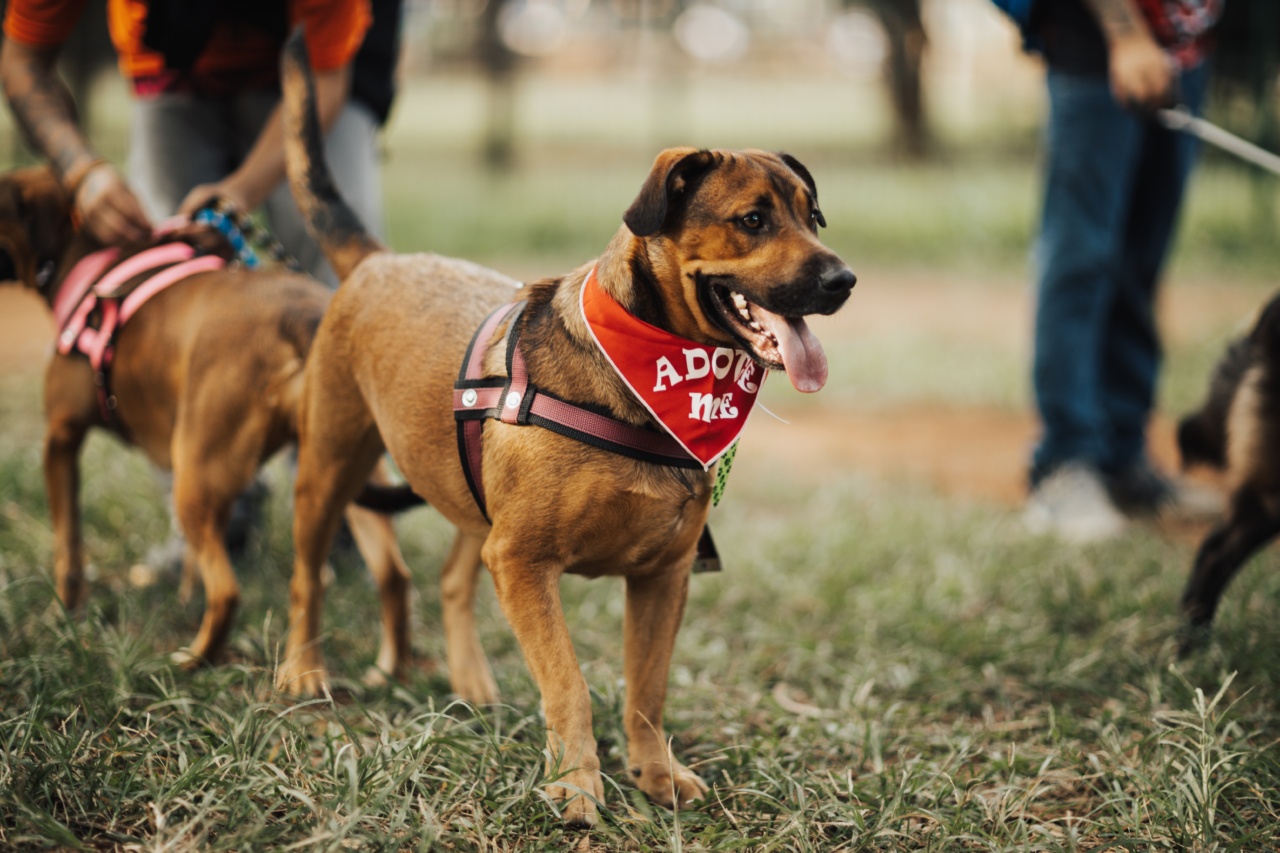Dogs are pets that many people love to have. However, as much as they are adorable to have around, they can misbehave too. When a dog misbehaves, there’s usually a range of reactions the pet owner can choose from. One of them is punishment.
The question of whether a dog should be punished for misbehaving is a tricky one, and it has brought about a range of opinions. In this article, we are going to look at whether it’s right to punish a dog and if so, when this should be done.
When is it Okay to Punish a Dog?
There are certain behaviors that aren’t acceptable when it comes to dogs, and they need to be corrected.
However, when is it okay to punish a dog? Unfortunately, there’s no straight answer as it all depends on the misbehavior that your pet has been engaged in.
However, to use punishment in the right way, you need to have a good understanding of the problem to decide the most appropriate action.
For instance, if your dog bites someone, the level of punishment you give will depend on the severity of the bite and whether the dog had shown any aggression previously.
Types of Punishment for Misbehaving Dogs
Just like with humans, punishing a dog for misbehaving can take different forms. Some types of punishment that dog owners use include;.
1. Physical Punishment
This is where dogs are subjected to physical pain as a way of making them understand that they’ve done something wrong. This method includes hitting, slapping, or even kicking a dog.
2. Verbal Punishment
Verbal punishment is also known as scolding. This form of punishment can take different forms, from shouting to speaking in a stern tone to make the dog understand that its behavior isn’t acceptable.
3. Negative Reinforcement
Negative reinforcement usually ends in an unpleasant experience for the dog, like removing something the dog is enjoying or by ignoring them. For example, removing the dog’s toy for misbehaving.
4. Positive Punishment
Positive punishment involves adding something unpleasant to the dog’s experience to deter negative behaviors. For example, incorporating an electric shock collar to discourage excessive barking.
Why Punishment Doesn’t Work
While it may seem like a good idea to use punishment to stop dogs from misbehaving, it doesn’t work because;.
1. It creates fear and stress
When you punish a dog, it doesn’t learn from the mistake, but rather the punishment it received. This results in a dog that’s consistently anxious or fearful around its owner instead of being relaxed, happy, and healthy.
2. It promotes aggression and violence
Physical punishment is the most common form of punishment, but the problem is it doesn’t solve the problem. Your aggression towards the dog can also lead it to trigger aggression towards other dogs or human beings.
3. Punishment teaches the dog not to get caught
Dogs learn quickly what is considered wrong and right behavior just like human beings. However, by using punishment to correct a dog, you teach the pet not to get caught as opposed to changing its behavior.
The behavior may appear to have stopped, but only because the dog is now avoiding getting caught.
4. Violence causes stress
Physical punishment will make the dog feel vulnerable, and it may feel like it needs to attack in response to protect itself. Dogs, like humans, have stress levels that must be kept in check.
Alternative Methods to Punish a Dog that Misbehaves
There are alternatives that pet owners can use when dealing with a dog that misbehaves. These include;
1.
Positive Reinforcement Training
Positive reinforcement training is based on the premise that dogs are more responsive to rewards than punishments. When your dog does something right, you reward it, and when it does wrong, you ignore it. For instance, when your dog barks endlessly, you can give it a treat and praise to reinforce good behavior.
2. Diversion Tactics
Diversion tactics are used to stop unwanted behavior by diverting a dog’s attention onto something else. For example, when your dog is chewing on something it shouldn’t be, you provide them with a toy to play with instead.
3. Ignore the behavior
Sometimes, negative behavior can come from your dog seeking attention. When misbehavior arises from attention-seeking, you can ignore the behavior to get the dog to understand that the bad behavior doesn’t earn it any attention.
Final Thoughts
In conclusion, dogs should not be punished for misbehaving. There are other more humane alternative methods to discourage negative behavior from dogs. Consistent and positive training is one of the best methods of turning a dog into a well-behaved pet.
























